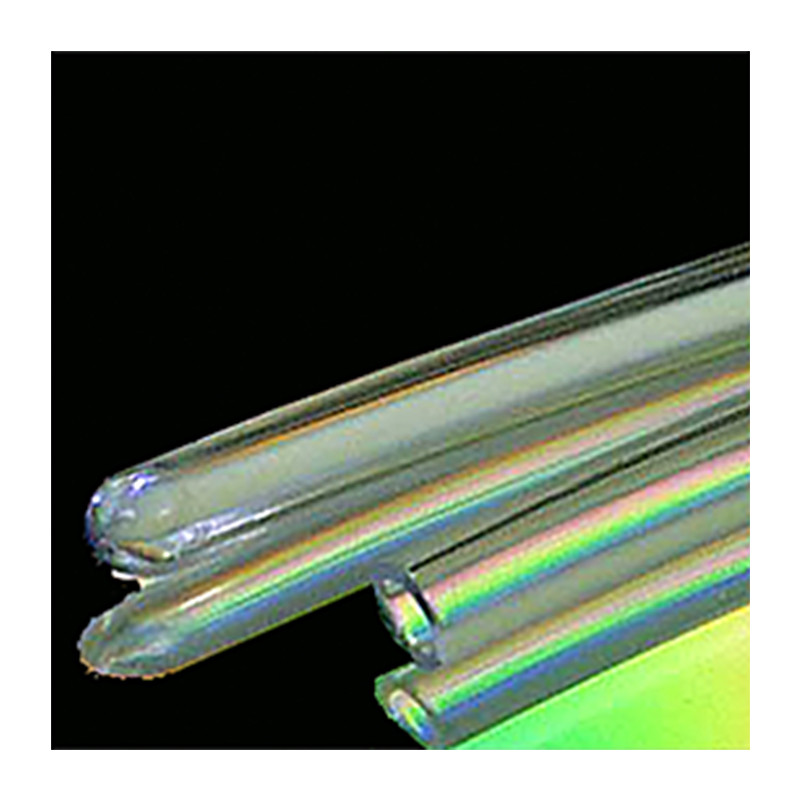

Debes estar logueado
Category


Las fotos son solo para fines informativos. Ver especificaciones de producto
please use latin characters
Machines that form the tips of catheters play a vital role in the medical industry. By molding a rounded tip on a catheter tube, insertion into the human body is possible while causing minimal trauma to body tissue. The tip of the catheter is formed by pressing the polyvinyl tube into a heated mold. A wire is also inserted into the tube to prevent blockage during formation.
Catheter tipping dies are often made from a small stainless steel insert which is fitted into a water cooled brass jacket. The stainless steel mold has a 1/4 or 3/8 inch diameter tip that is heated by the induction coil.
Modern induction heating provides many advantages over other heating methods. Heating with induction provides reliable, repeatable, non-contact and energy-efficient heat in a minimal amount of time. Induction heating also provides clean heating which is mandatory for the production of sterile catheters.
Solid state induction power supplies are capable of heating very small areas such as the small diameter of the catheter mold within precise production tolerances. The heat from the mold then causes the inserted polyvinal tube to melt and reflow into the correct shape.
To maintain consistent heat and even reflow, precise temperature control is very important. An infrared pyrometer is used to measure the temperature of the die and relay the information back to the PID control of the power supply.
Ambrell induction heating systems are important components of modern catheter tipping systems. Typical induction heating systems for this process range from 1 to 3kW, depending on the parts and application requirements.
¿Estás interesado en este producto? ¿Necesita información adicional o precios individuales?
Usted debe estar conectado
Machines that form the tips of catheters play a vital role in the medical industry. By molding a rounded tip on a catheter tube, insertion into the human body is possible while causing minimal trauma to body tissue. The tip of the catheter is formed by pressing the polyvinyl tube into a heated mold. A wire is also inserted into the tube to prevent blockage during formation.
Catheter tipping dies are often made from a small stainless steel insert which is fitted into a water cooled brass jacket. The stainless steel mold has a 1/4 or 3/8 inch diameter tip that is heated by the induction coil.
Modern induction heating provides many advantages over other heating methods. Heating with induction provides reliable, repeatable, non-contact and energy-efficient heat in a minimal amount of time. Induction heating also provides clean heating which is mandatory for the production of sterile catheters.
Solid state induction power supplies are capable of heating very small areas such as the small diameter of the catheter mold within precise production tolerances. The heat from the mold then causes the inserted polyvinal tube to melt and reflow into the correct shape.
To maintain consistent heat and even reflow, precise temperature control is very important. An infrared pyrometer is used to measure the temperature of the die and relay the information back to the PID control of the power supply.
Ambrell induction heating systems are important components of modern catheter tipping systems. Typical induction heating systems for this process range from 1 to 3kW, depending on the parts and application requirements.
Su agradecimiento a la reseña no pudo ser enviado
Reportar comentario
Reporte enviado
Su reporte no pudo ser enviado
Escriba su propia reseña
Reseña enviada
Su reseña no pudo ser enviada
